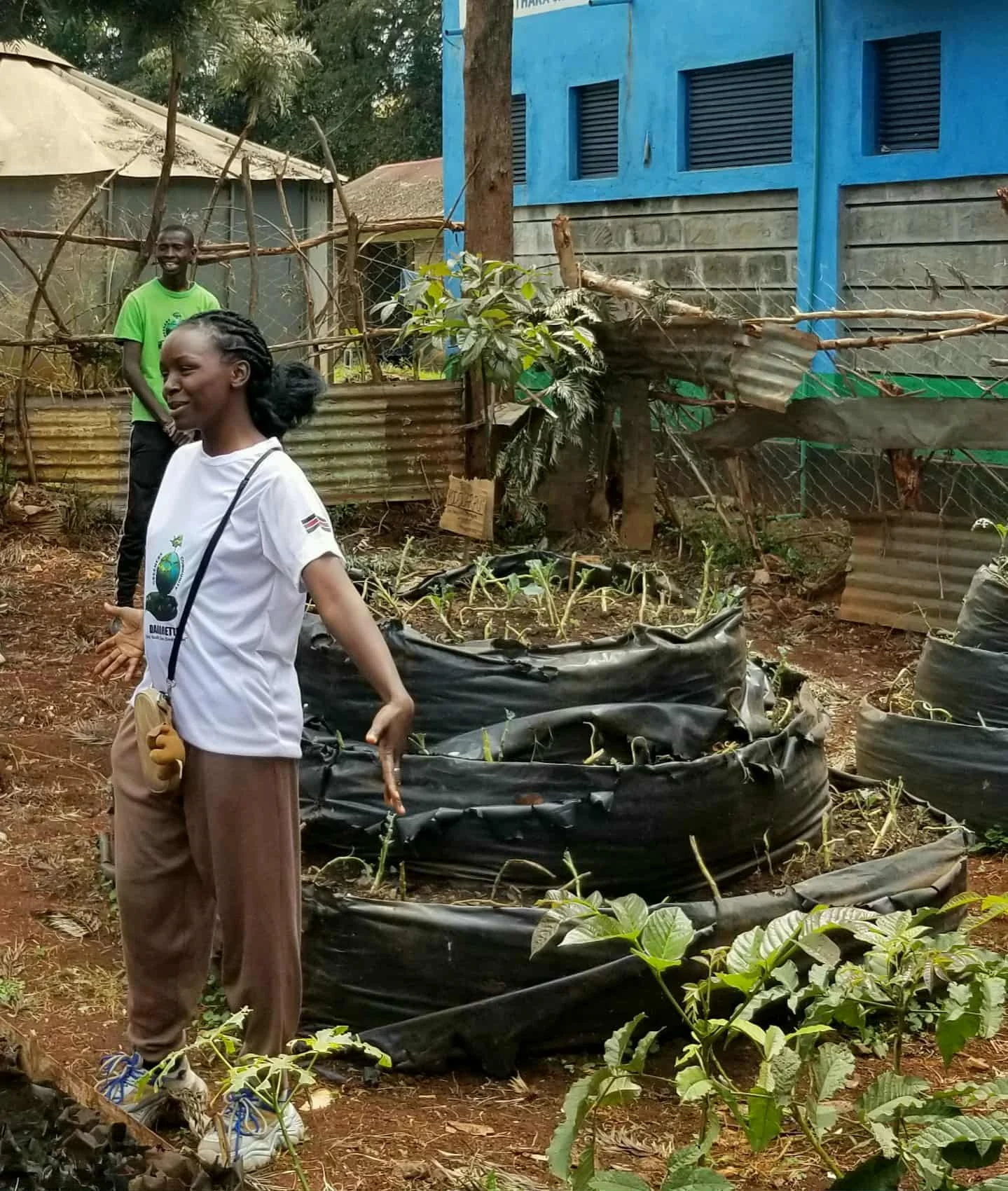The Women’s Spaces Project: Turning Women’s Voices into Policy Change
Women are stepping up to protect their rights to land, housing, and safety, key parts of the fight against gender-based violence. From updating domestic violence laws in Angola to shaping urban farming in Kenya, to influencing land and housing policies in South Africa and Uganda, their voices are driving real change. With support from the Women’s Spaces Project, these women are helping build fairer, safer communities for everyone.
Angola: Strengthening Angola’s Law Against Domestic Violence
The 2011 Domestic Violence Law was updated with help from the Women’s Spaces Project. Now taking land away from women, which is something often used to control or punish them, is officially recognized as a form of economic violence. Traditional leaders and local government officials are being trained to use this new interpretation, giving women stronger protection from domestic abuse and housing-related violence.
South Africa: Women’s Housing Rights Recognized
In South Africa, women are speaking up for their right to safe, secure homes. Thanks to advocacy through policy meetings and legal action, the Human Settlements White Paper (2024) now clearly recognizes women as equal holders of housing rights. This change gives women more power to fight eviction and claim land in their own names, a big step toward fairness and independence.
Kenya: Women at the Heart of Urban Farming
In Nairobi, women are helping shape the future of their city. With support from the Women’s Spaces Project, women advocates co-developed the Urban Agriculture and Food Security Bill (2024), a groundbreaking law that gives women fair access to urban land, supports their participation in farming programs, and ensures their voices are heard in decision-making spaces. This reform strengthens women’s leadership in urban farming.
Uganda: From Grassroots Voices to National Policy
In Uganda, women spoke out in local meetings about the unfair treatment they faced when it came to land. Their inspiring stories gathered through the Women’s Spaces Project, were shared with the Ministry of Lands. Because of their courage to share their stories, the National Land Use Policy and Action Plan now include goals to promote gender equality, making sure that land and city planning respect and protect women’s rights.





